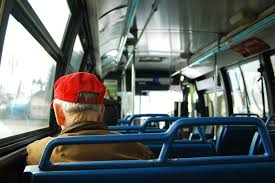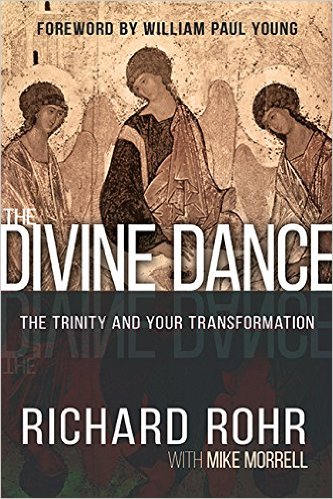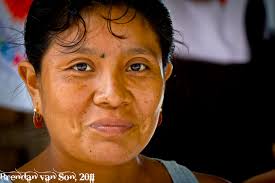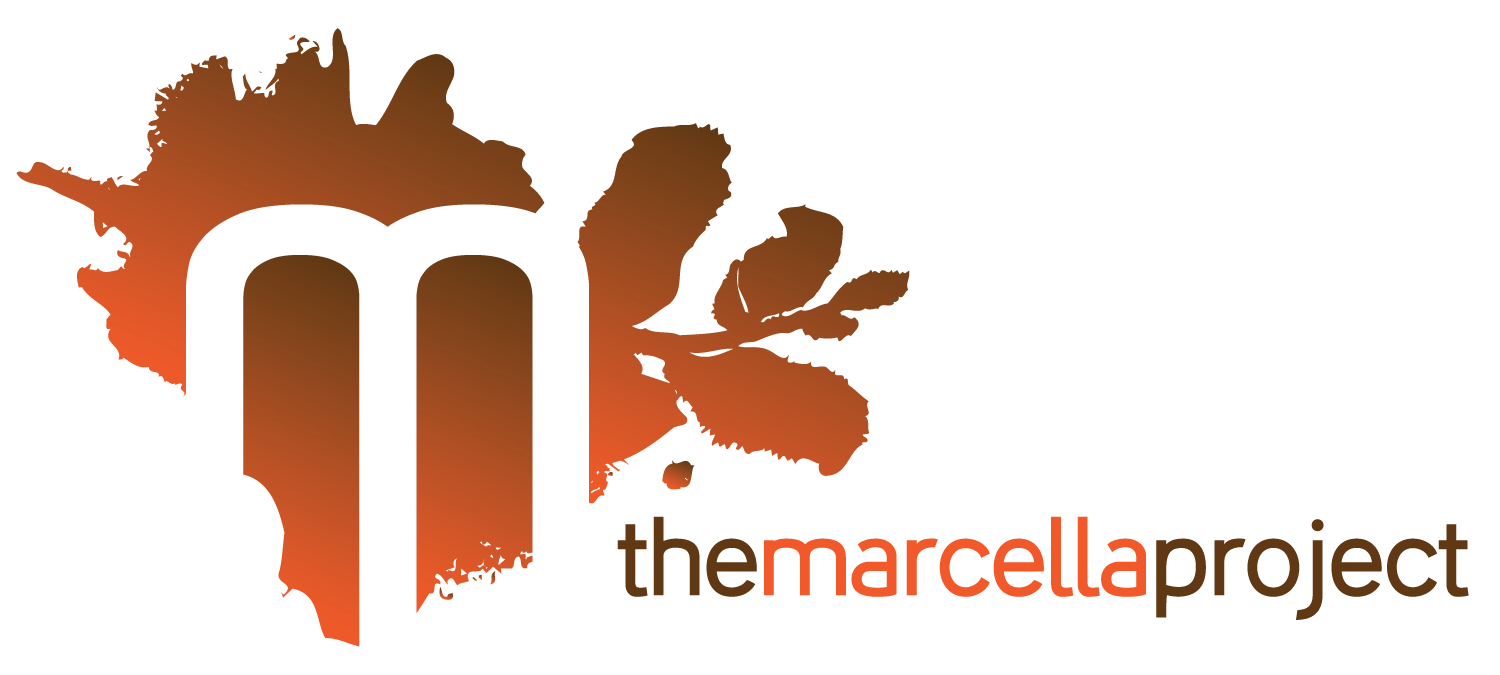Greyhound Vulnerability
Every Tuesday I take the Greyhound to Austin to teach a bible study. Taking the Greyhound enables my hands to be free to write and keeps our costs down. But there are also some intangible benefits to my bus ride.The city of Dallas gives a free bus fare to those being released from jail. And since the bus is one of  the cheapest means of travel, many of the riders are immigrants, lower income families, men and women. I am an educated, middle-class, white, suburban woman who rides with some of the more vulnerable in our society. This week an older man, using his hands to feel his way, wobbled passed my seat. It was obvious from his dark glasses and two earpieces that he was blind and almost deaf. Just before the bus pulled out of the Dallas station he got flustered, tried to walk to the front to say something to the bus driver. She kept telling him, “Sit down we are about to leave. Sit down.” I could see he was getting fretful so I told the driver, “He needs his meds. They’re in the bag underneath the bus carrier.” They had me take his heavy bag to him.The ride from Dallas to Austin is direct but sometimes the driver pulls over about 40 minutes outside of Austin to take a smoke break. As the bus pulled over to the side of the road the man asked, “Are we in Austin?” I got close to his ear, “No, we have pulled over for the bus driver to have a smoke. We will be in Austin in 40 minutes.”Upon arrival I carried both his bags off the bus and then I headed off to the bathroom. When I came out of the bathroom I noticed he was trying to drag his two large duffle bags towards the taxicabs. One bag had come open, his clothes were falling out, and so I ran up and grabbed the bags and got him in a cab.
the cheapest means of travel, many of the riders are immigrants, lower income families, men and women. I am an educated, middle-class, white, suburban woman who rides with some of the more vulnerable in our society. This week an older man, using his hands to feel his way, wobbled passed my seat. It was obvious from his dark glasses and two earpieces that he was blind and almost deaf. Just before the bus pulled out of the Dallas station he got flustered, tried to walk to the front to say something to the bus driver. She kept telling him, “Sit down we are about to leave. Sit down.” I could see he was getting fretful so I told the driver, “He needs his meds. They’re in the bag underneath the bus carrier.” They had me take his heavy bag to him.The ride from Dallas to Austin is direct but sometimes the driver pulls over about 40 minutes outside of Austin to take a smoke break. As the bus pulled over to the side of the road the man asked, “Are we in Austin?” I got close to his ear, “No, we have pulled over for the bus driver to have a smoke. We will be in Austin in 40 minutes.”Upon arrival I carried both his bags off the bus and then I headed off to the bathroom. When I came out of the bathroom I noticed he was trying to drag his two large duffle bags towards the taxicabs. One bag had come open, his clothes were falling out, and so I ran up and grabbed the bags and got him in a cab.
 Brené Brown posted a quote on her Facebook page from Richard Rohr’s book, Divine Dance:
Brené Brown posted a quote on her Facebook page from Richard Rohr’s book, Divine Dance:"Did you ever imagine that what we call 'vulnerability' might just be the key to ongoing growth? In my experience, healthily vulnerable people use every occasion to expand, change, and grow.Yet it is a risky position to live undefended, in a kind of constant openness to the other—because it means others could sometimes actually wound us. Indeed, vulnera comes from the Latin for 'to wound.'"When I ride on the bus I always know where I am, when I will arrive, and who will pick me up. I’m one of the few on the bus who have an iPhone and data that allows me to track my ride on Google maps. How insecure must it feel to not know if you’ve arrived or how long it’s been or how long you still have to go? No watch. No phone. No computer. Little knowledge of what’s happening. This man must depend on others to help him navigate even the simplest of tasks. Sometimes my boys pick me up, sometimes my daughter, Madison. They take me where I need to go, pick me up, drop me back off at the station the next morning. When Madison drives me around, I get to hear the stories of the homeless immigrant women and children she works with at Posada. One of those women is named Elba. Read her story, see what happens when women are vulnerable and people aren’t good.http://www.casamarianella.org/2016/09/26/posada-esperanza-resident-spotlight-elbia/http://www.casamarianella.org/2016/02/16/welcome-to-posada-esperanza/The blind man, Elba, and others, they live in a state of insecurity and of dependence upon others for the simplest of tasks, and they are vulnerable - easy prey - easy to take advantage of.It’s so important that good people move into the places and spaces of the vulnerable in society. We need to be the first responders, otherwise the undefended are open for further wounding. Further enslaving.Once the blind man settled, he said to me, “You must be a Christian. You have Jesus all over you.”Jesus said when we care for the vulnerable we are caring for him.
Sometimes my boys pick me up, sometimes my daughter, Madison. They take me where I need to go, pick me up, drop me back off at the station the next morning. When Madison drives me around, I get to hear the stories of the homeless immigrant women and children she works with at Posada. One of those women is named Elba. Read her story, see what happens when women are vulnerable and people aren’t good.http://www.casamarianella.org/2016/09/26/posada-esperanza-resident-spotlight-elbia/http://www.casamarianella.org/2016/02/16/welcome-to-posada-esperanza/The blind man, Elba, and others, they live in a state of insecurity and of dependence upon others for the simplest of tasks, and they are vulnerable - easy prey - easy to take advantage of.It’s so important that good people move into the places and spaces of the vulnerable in society. We need to be the first responders, otherwise the undefended are open for further wounding. Further enslaving.Once the blind man settled, he said to me, “You must be a Christian. You have Jesus all over you.”Jesus said when we care for the vulnerable we are caring for him.
“For I was hungry, and you fed me. I was thirsty, and you gave me a drink. I was a stranger, and you invited me into your home. I was naked, and you gave me clothing. I was sick, and you cared for me. I was in prison, and you visited me.... Lord, when did we ever see you hungry and feed you? Or thirsty and give you something to drink? Or a stranger and show you hospitality? Or naked and give you clothing? When did we ever see you sick or in prison and visit you? I tell you the truth, when you did it to one of the least of these my brothers and sisters, you were doing it to me!" (Matthew 25: 34-40 NLT)
Consider what the world might think of Jesus if we reflected him to the most vulnerable among us.Rohr ends his quote like this:"Did you ever imagine that what we call 'vulnerability' might just be the key to ongoing growth? In my experience, healthily vulnerable people use every occasion to expand, change, and grow.Yet it is a risky position to live undefended, in a kind of constant openness to the other—because it means others could sometimes actually wound us. Indeed, vulnera comes from the Latin for 'to wound.'But only if we take this risk, do we also allow the opposite possibility: the other might also gift us, free us, and even love us."

